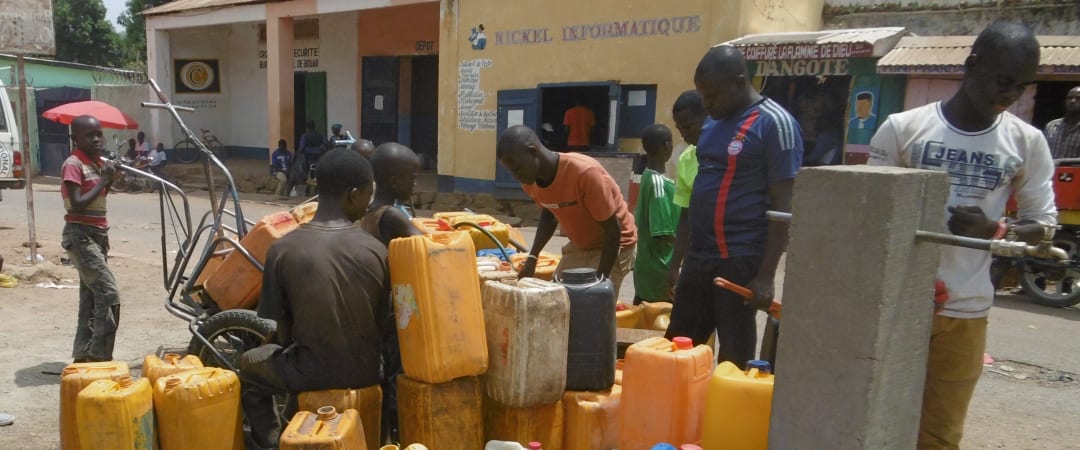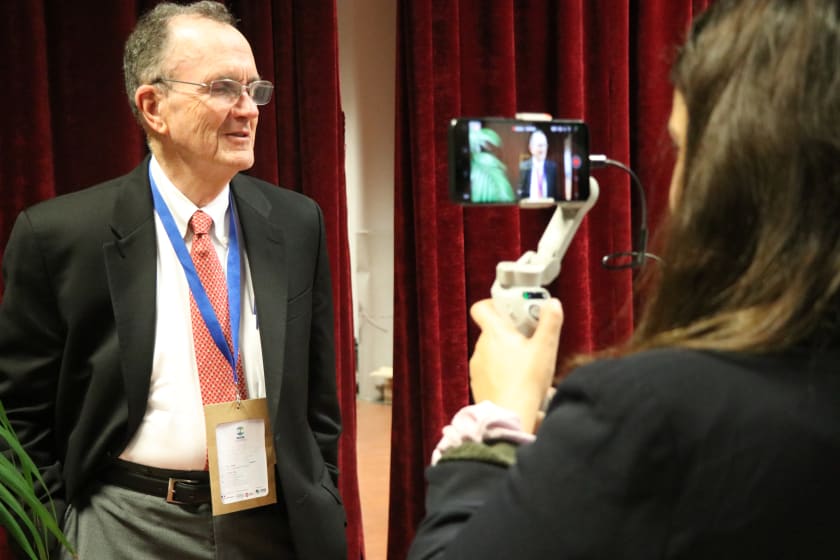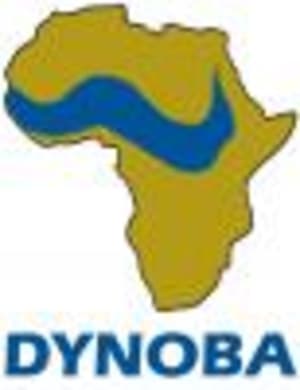Water resource management in Africa: OiEau's commitment

25 May is World Africa Day, a day dedicated to highlighting ongoing efforts to promote development and economic progress on the continent.
It is an opportunity to recall the actions of OiEau in this region.
Water in Africa is not just a question of quantity, but above all of access, management and sustainability. It is a complex and crucial issue, affecting economic development, public health, food security and political stability.
OiEau, through its four areas of expertise, carries out projects in more than 20 countries across the continent.
Support & Cooperation
OiEau is particularly involved in establishing Integrated Water Resources Management (IWRM), which is an important step towards sustainable development, through four essential components: collaborative governance, strategic planning, sustainable financing of water policy, and data sharing and management.
This is the case in the Nakanbé basin in Burkina Faso, where OiEau is working to strengthen water governance and planning tools, improve water data management at the basin and national levels, and study and implement sustainable financing mechanisms adapted to the basin's context.
OiEau experts are also working in the Bandama basin in Ivory Coast to develop a legally robust and concerted development and management plan.
Training and Skills
To achieve the Sustainable Development Goals (SDGs), particularly SDG 6, which aims to ensure universal and equitable access to safe drinking water, sanitation and hygiene by 2030, it is necessary to create new infrastructure and improve the quality of services to meet users' needs, particularly through capacity building.
Forty years of operational experience in training have enabled OiEau to develop and evolve its training offering to meet the ever-changing needs of its wide range of clients and partners. Each year, OiEau delivers 600 sessions and trains an average of 6,000 people.
At the end of 2024, a three-year training programme for the ONAS (Tunisian National Sanitation Office) was completed, divided between two years in Tunisia and one year in France, with the participation of Tunisian technicians. It involved nearly 200 learners and 15 OiEau trainers in three courses: Laboratory/Maintenance/Automation. This skills development was accompanied by assessments, which led to the selection of six people (two per course) to become trainers and internal advisors for ONAS in Tunisia.
OiEau has also developed a pedagogical engineering activity, supporting the development of centres dedicated to water-related professions, such as the Centre des Métiers de l'Eau (CMEAU) of the Côte d'Ivoire Water Distribution Company (SODECI).
Data & Information Systems
Strengthening knowledge about water resources is essential to improving resilience and adaptation to the impacts of climate change. OiEau has developed innovative approaches for Water Information Systems (WIS), such as leaving data management responsibility at the level of each data producer and developing interoperability processes.
This is being put into practice in the Congo River Basin in Angola, Cameroon, the Republic of the Congo, the Central African Republic, Gabon, the Democratic Republic of the Congo, as well as in Côte d'Ivoire, Togo and Niger for the monitoring and management of information on water resources.
Network coordination
The coordination of networks of professionals is part of OiEau's DNA, with the aim of facilitating the sharing of experiences and the emergence of field projects, coordinating the production of collective expertise and organising events to promote and disseminate best practices.
The Dynoba project (Dynamisation des appuis aux organismes de bassin transfrontaliers africains - Boosting support for African transboundary basin organisations), led by OiEau and funded by the AFD(French Development Agency), aims to boost support for African transboundary basin organisations for improved water resource management in the context of climate change. It is supported by the African Network of Basin Organisations (ANBO).

A word from INBO partners
Florence Grace ADONGO (RAOB), Omar CHAFKI (Bouregreg and Chaouia Water Basin Agency), Comfort MOLOSIWA (ORASECOM) and Razaki SANOUSSI (Mono Basin Authority) address crucial water management issues in a video: spatial hydrology, ESI, transboundary cooperation, prevention, capacity building, hydrodiplomacy, etc.





